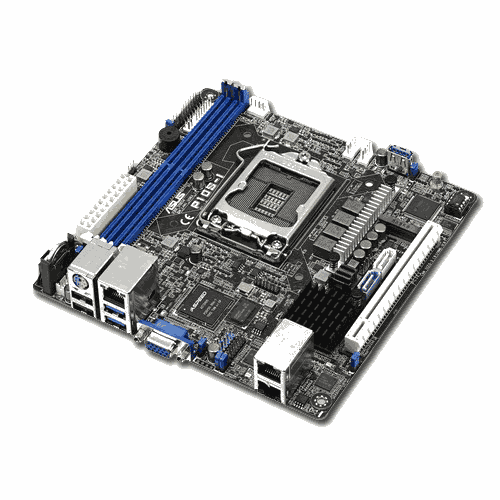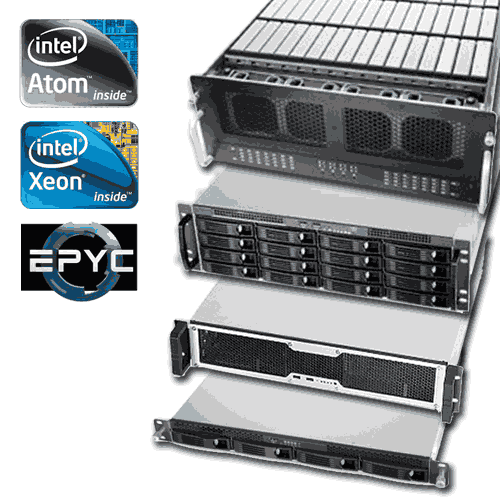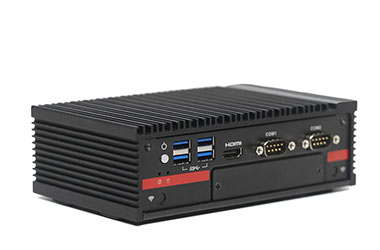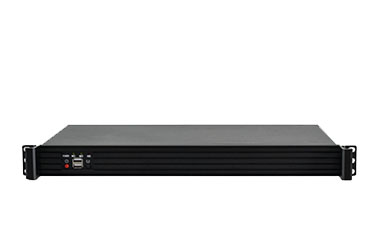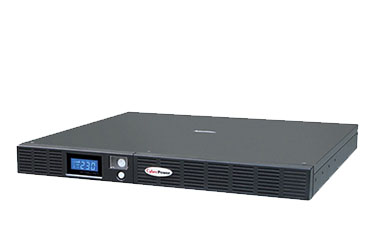Mini PCs vs. Desktops: Which One to Choose and Why?
Advantages of Mini PCs in 2025 Mini PCs have evolved significantly, offering compact and efficient solutions for various needs. These are their main advantages: Compact size: Ideal for small spaces, mini PCs easily fit into small desks or minimalist setups. Low energy consumption: Designed to be efficient, these devices consume less energy than traditional desktop computers. Portability: Although they are not portable like a laptop, their light weight and size make them easy to transport. Connectivity options: Despite their size,…

